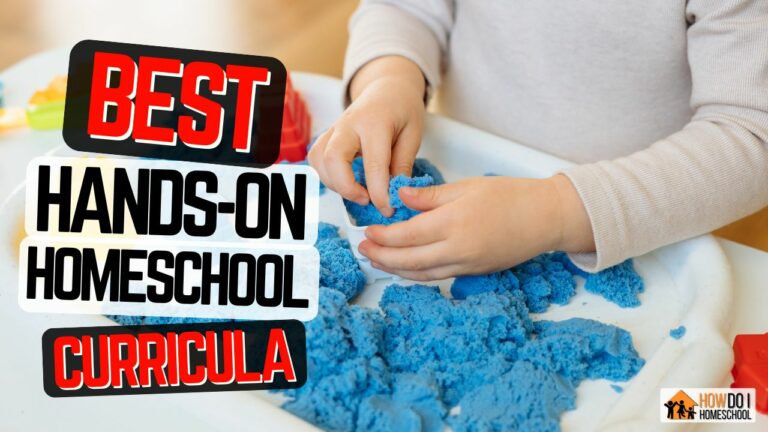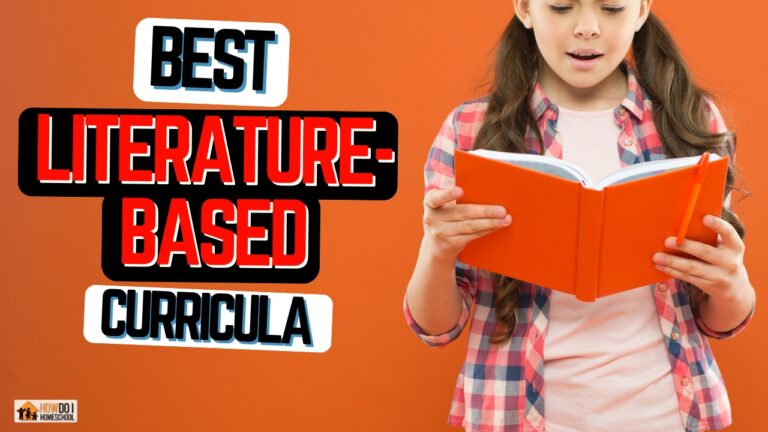
Homeschool Curriculum & Reviews

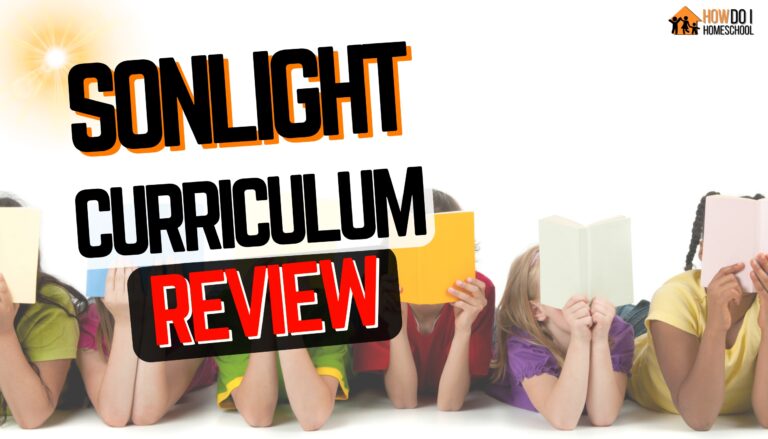
Sonlight Curriculum Review for Homeschools
Read More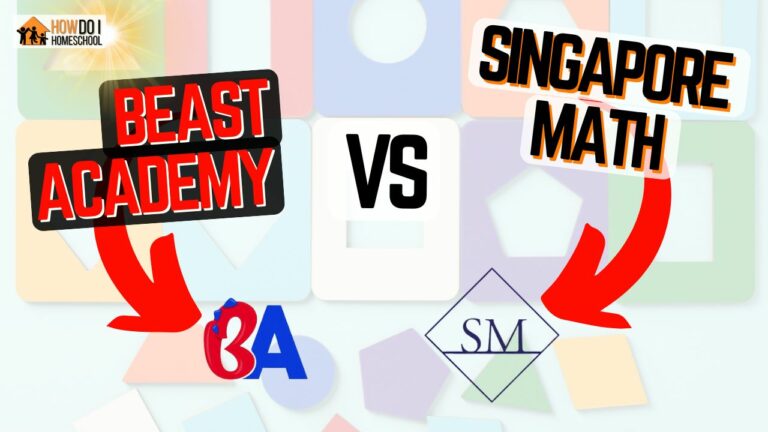
Singapore Math vs Beast Academy: A Detailed COMPARISON
Read More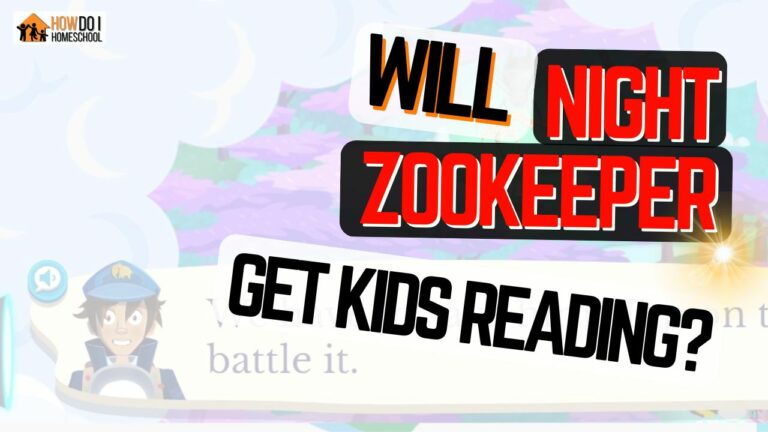
Night Zookeeper Homeschool Review for Online Creative Writing
Read More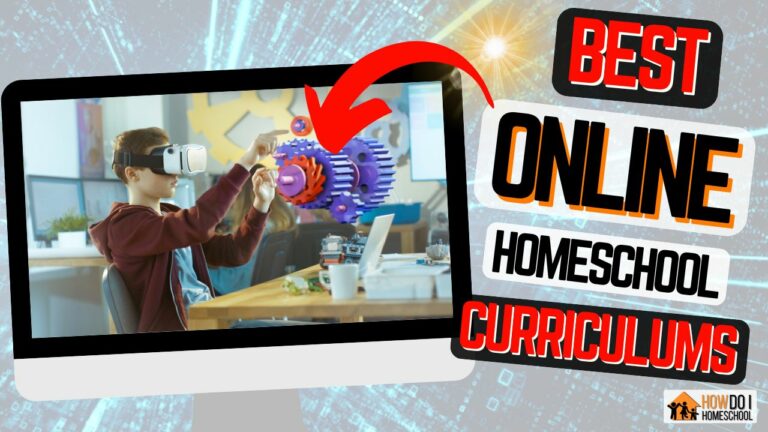
10 Best Online Homeschool Curriculum PICKS [2024]
Read More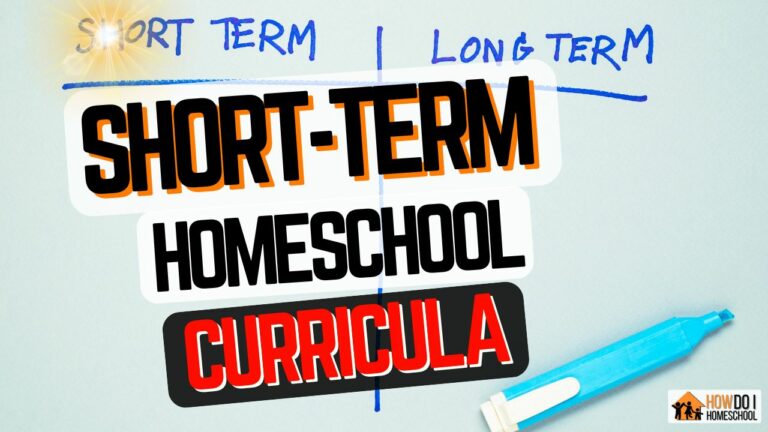
10 BEST Temporary Homeschool Curriculum Programs [2024]
Read More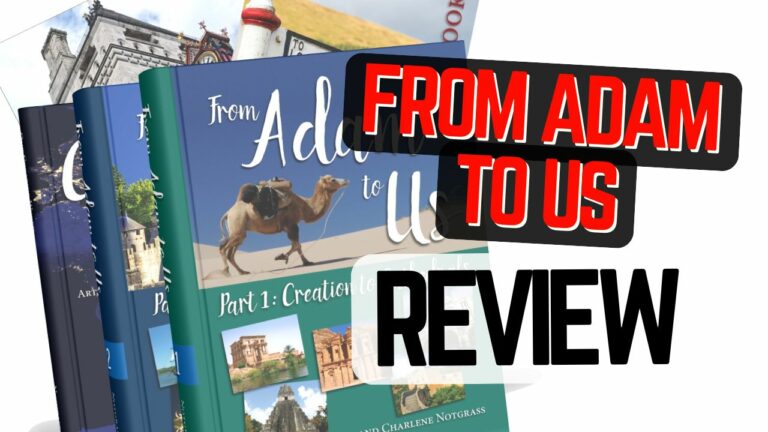
IN-DEPTH From Adam to Us Curriculum Review // Notgrass History
Read More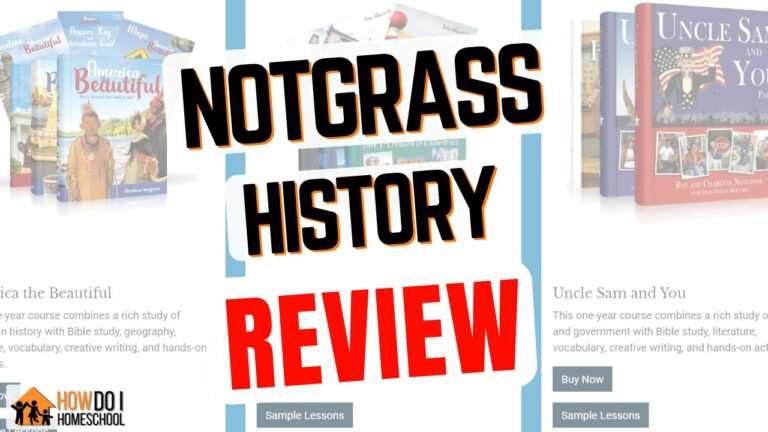
Notgrass History Curriculum Review: A Homeschooler’s Perspective
Read More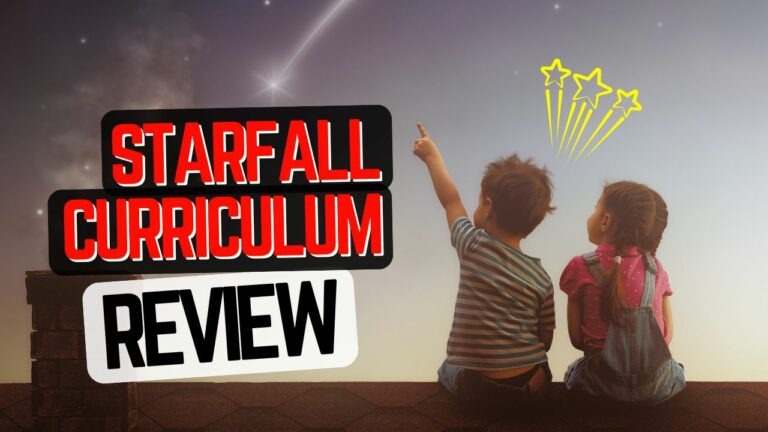
In-Depth Starfall Education Review (Learn-to-Read App)
Read More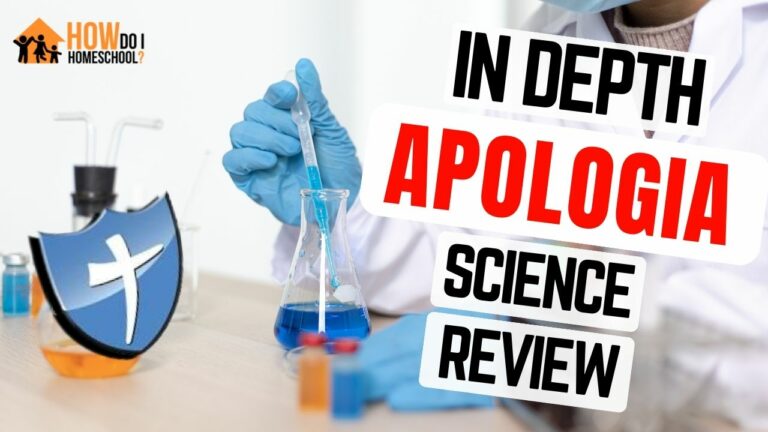
MUST-READ Apologia REVIEW: Creation Science Curriculum
Read More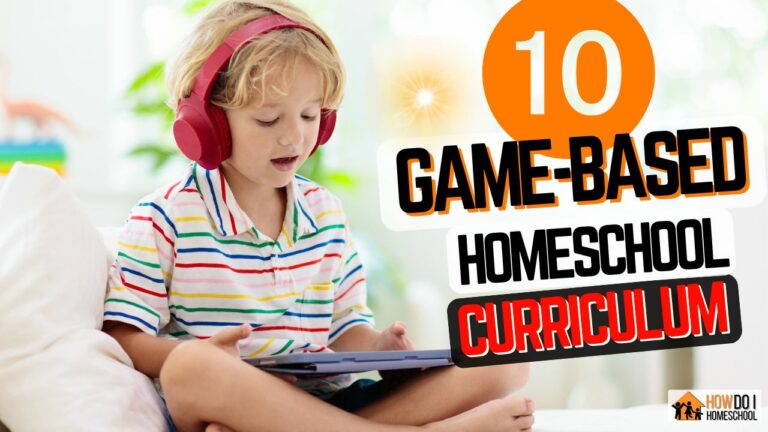
TOP Homeschool Physical & Video Game Curriculum [BEST PICKS]
Read More